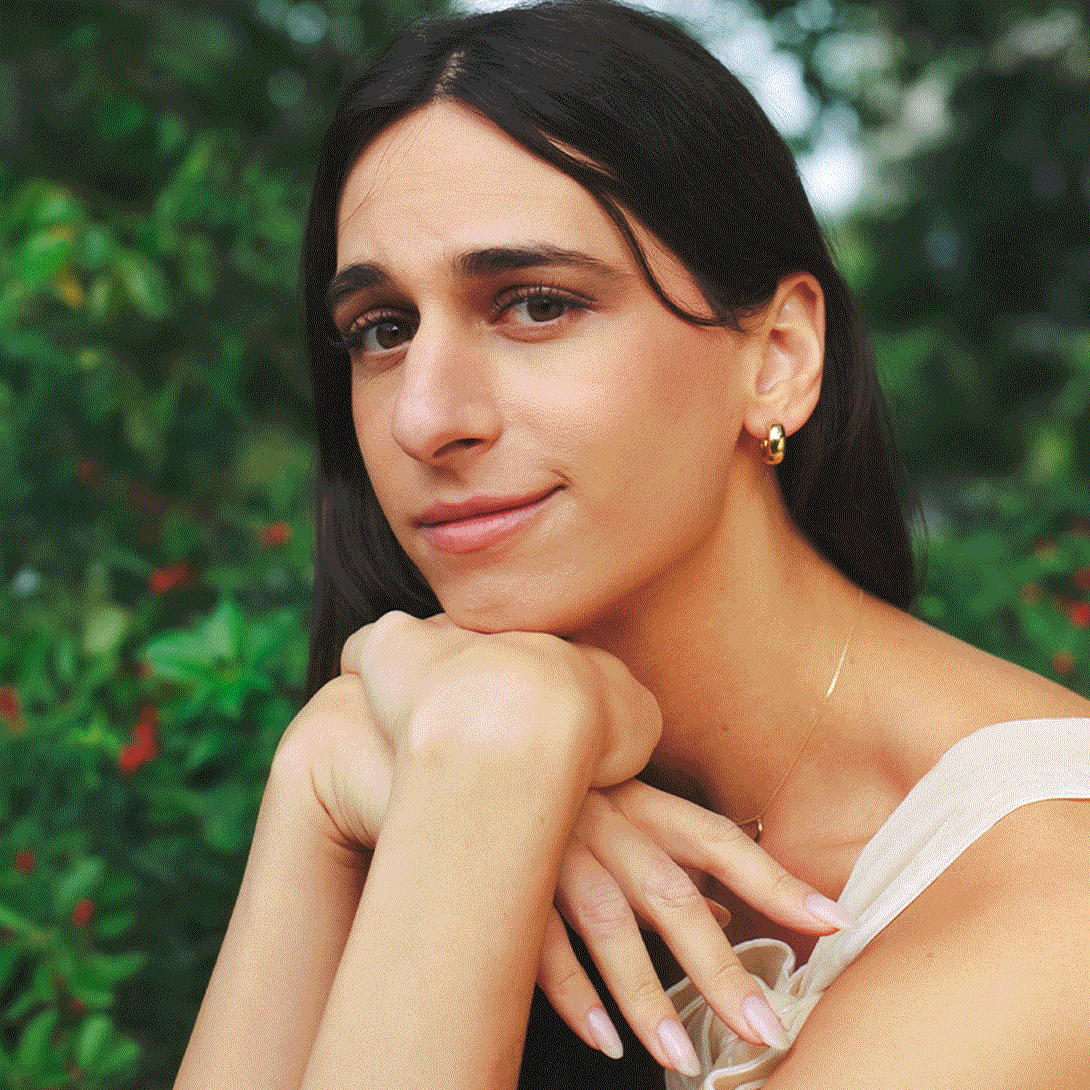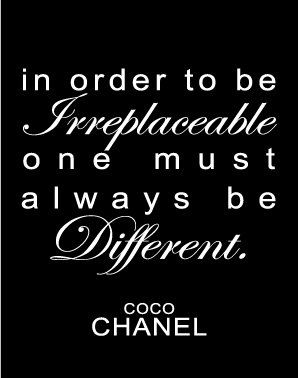The three Instincts (often erroneously called "the subtypes") are a third set of distinctions that are extremely important for understanding personality. A major aspect of human nature lies in our instinctual "hard wiring" as biological beings. We each are endowed with specific instinctual intelligences that are necessary for our survival as individuals and as a species. We each have a
self-preservation instinct (for preserving the body and its life and functioning), a
sexual instinct (for extending ourselves in the environment and through the generations), and a
social instinct (for getting along with others and forming secure social bonds).
While we have all three Instincts in us, one of them is the dominant focus of our attention and behavior—the set of attitudes and values that we are most attracted to and comfortable with. We each also have a second Instinct that is used to support the dominant Instinct, as well as a third Instinct that is the least developed—a real blind spot in our personality and our values. Which Instinct is in each of these three places—most, middle, and least developed—produces what we call our "Instinctual Stack" (like a three-layer cake) with your dominant Instinct on top, the next most developed Instinct in the middle, and the least developed on the bottom).
These instinctual drives profoundly influence our personalities, and at the same time, our personalities largely determine how each person
prioritizes these instinctual needs. Thus, while every human being has all three of these instincts operating in him or her, our personality causes us to be more concerned with one of these instincts than the other two. We call this instinct our
dominant instinct. This tends to be our first priority—the area of life we attend to first. But when we are more caught up in the defenses of our personality—further down the Levels of Development— our personality most
interferes with our dominant instinct.
Further, our Enneagram type flavors the way in which we approach our dominant instinctual need. Combining our Enneagram type with our dominant instinct yields a much more specific portrait of the workings of our personality. When we apply the distinctions of these three instincts to the nine Enneagram types they create 27 unique combinations of type and dominant instinct that account for differences and variability within the types. We call these combinations the Instinctual Variants.
The Enneagram Institute offers an online test, the
Instinctual Variants Questionnaire (IVQ), for helping people determine not only their dominant instinct, but also their Instinctual Stack. The IVQ also provides a detailed personality profile derived from the combination of the test taker's Enneagram type, wing, and Instinctual Stack.
The following are brief descriptions of the three instincts:
Self Preservation Instinct
People who have this as their dominant instinct are preoccupied with the safety, comfort, health, energy, and well-being of the physical body. In a word, they are concerned with having enough
resources to meet life's demands. Identification with the body is a fundamental focus for all humans, and we need our body to function well in order to be alive and active in the world. Most people in contemporary cultures are not faced life or death "survival" in the strictest sense; thus, Self-Preservation types tend to be concerned with food, money, housing, medical matters, and physical comfort. Moreover, those primarily focused on self-preservation, by extension, are usually interested in maintaining these resources
for others as well. Their focus of attention naturally goes towards things related to these areas such as clothes, temperature, shopping, decorating, and the like, particularly if they are not satisfied in these areas or have a feeling of deficiency due to their childhoods. Self-Pres types tend to be more grounded, practical, serious, and introverted than the other two instinctual types. They might have active social lives and a satisfying intimate relationship, but if they feel that their self-preservation needs are not being met, still tend not to be happy or at ease. In their primary relationships, these people are "nesters"—they seek domestic tranquility and security with a stable, reliable partner.
Sexual (aka "Attraction") Instinct
Many people originally identify themselves as this type because they have learned that the Sexual types are interested in "one-on-one relationships." But all three instinctual types are interested in one-on-one relationships for different reasons, so this does not distinguish them. The key element in Sexual types is an intense drive for stimulation and a constant awareness of the "chemistry" between themselves and others. Sexual types are immediately aware of the attraction, or lack thereof, between themselves and other people. Further, while the basis of this instinct is related to sexuality, it is not necessarily about people engaging in the sexual act. There are many people that we are excited to be around for reasons of personal chemistry that we have no intention of "getting involved with." Nonetheless, we might be aware that we feel stimulated in certain people's company and less so in others. The sexual type is constantly moving toward that sense of intense stimulation and juicy energy in their relationships and in their activities. They are the most "energized" of the three instinctual types, and tend to be more aggressive, competitive, charged, and emotionally intense than the Self-Pres or Social types. Sexual types need to have intense energetic charge in their primary relationships or else they remain unsatisfied. They enjoy being intensely involved—even merged—with others, and can become disenchanted with partners who are unable to meet their need for intense energetic union. Losing yourself in a "fusion" of being is the ideal here, and Sexual types are always looking for this state with others and with stimulating objects in their world.
Social (aka "Adaptive") Instinct
Just as many people tend to misidentify themselves as Sexual types because they want one-on-one relationships, many people fail to recognize themselves as Social types because they get the (false) idea that this means always being involved in groups, meetings, and parties. If Self-Preservation types are interested in adjusting the environment to make themselves more secure and comfortable, Social types
adapt themselves to serve the needs of the social situation they find themselves in. Thus, Social types are highly aware of other people, whether they are in intimate situations or in groups. They are also aware of how their actions and attitudes are affecting those around them. Moreover, Sexual types seek intimacy, Social types seek
personal connection: they want to stay in long-term contact with people and to be involved in their world. Social types are the most concerned with doing things that will have some impact on their community, or even broader domains. They tend to be warmer, more open, engaging, and socially responsible than the other two types. In their primary relationships, they seek partners with whom they can share social activities, wanting their intimates to get involved in projects and events with them. Paradoxically, they actually tend to avoid long periods of exclusive intimacy and quiet solitude, seeing both as potentially limiting. Social types lose their sense of identity and meaning when they are not involved with others in activities that transcend their individual interests.





















